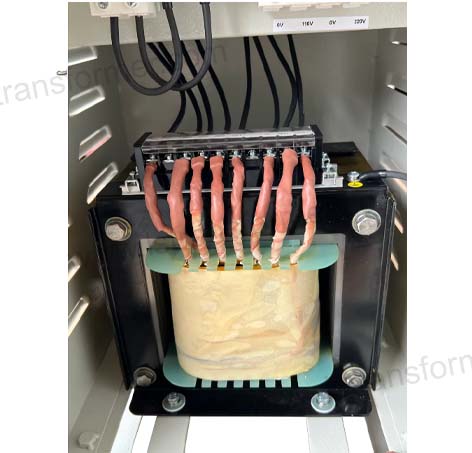Temperature Control in Reactors
Reactors are important components in many electrical systems, and their performance can be affected by changes in temperature. For this reason, it's important to have effective temperature control mechanisms in place to ensure the stability and reliability of the system.
There are several methods for temperature control in reactors, including:
Passive cooling: This method relies on natural air flow and convection to dissipate heat from the reactor. Passive cooling is often used in low-power applications where temperature control is not critical.
Active cooling: In high-power applications, active cooling mechanisms such as fans or liquid cooling systems may be used to maintain a stable operating temperature.
Thermal management materials: These materials, such as thermal interface materials or heat sinks, can help to distribute heat more evenly and efficiently within the reactor.
Temperature sensors: These sensors can be used to monitor the temperature of the reactor and provide feedback to control systems, which can adjust cooling mechanisms as needed to maintain a stable temperature.
Effective temperature control in reactors can help to improve performance and reliability, reduce maintenance costs, and extend the lifespan of the equipment. By carefully evaluating the specific needs and requirements of each application, engineers can identify the most appropriate temperature control mechanisms and optimize the overall performance of the electrical system.
It's important to note that temperature control in reactors is a critical aspect of overall system design, and can have a significant impact on the performance and reliability of the electrical system. Excessive temperatures can cause components to fail, and may even pose a safety hazard if not properly controlled.
To ensure effective temperature control, engineers must carefully evaluate the specific requirements of each application, taking into account factors such as power levels, operating environment, and available space. They must also consider the trade-offs between different temperature control methods, such as the cost and complexity of active cooling systems versus the simplicity and reliability of passive cooling.
By taking a comprehensive approach to temperature control in reactors, engineers can help to ensure the safety and reliability of critical electrical systems, while also optimizing performance and minimizing maintenance costs over the long term.
LuShan, est. 1975, is a Chinese professional manufacturer specializing in power transformers and reactors for 48 years. Leading products are single-phase transformer, three-phase transformers, DC inductors, AC reactors, filtering reactor, expoxy resin high-voltage transformer and intermediate, high-frequency products. Our transformers and reactors are widely used in 10 application areas: rapid transit, construction machinery, renewable energy, intelligent manufacturing, medical equipment, coal mine explosion prevention , excitation system, vacuum sintering, central air conditioning.
Know more about power transformer :https://www.lstransformer.com/Transformers

 EN
EN
 FR
FR DE
DE ES
ES

